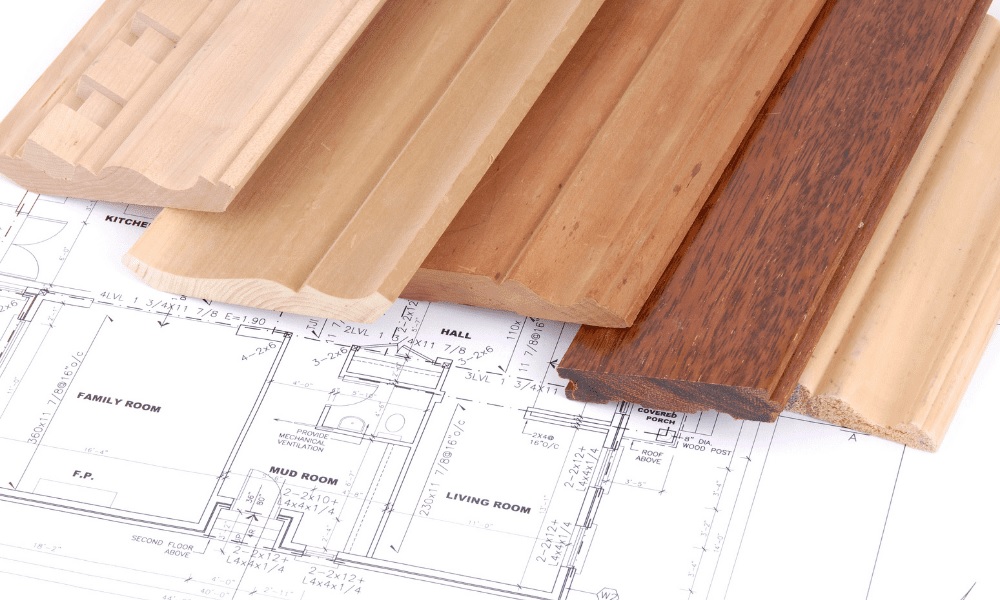
can not be dented, or need to be handled with extreme care. It adds to the extravagance of the home. However, there are times when you get confused about its maintenance. In this informative writing, we will discuss some valid explanations about a wood stain and why it can be an intelligent choice for your project. So make sure to stick with us until the end and get all the information.
What Is A Wood Stain?
Wood stain (สี ย้อม ไม้, which is the term in Thai) is a type of wood finish used to give wood surfaces a darker color and more durable finish. Stains can be applied to both raw and finished wood surfaces, and are available in a variety of colors, sheens, and types. Different types of stains can be used to achieve different results, such as enhancing the natural grain pattern of the wood or adding an aged look. Depending on the type of stain used, it may also help protect the surface from dirt, water damage, and other elements.
What Are The Benefits Of Using A Wood Stain?
Now that you know what wood stains are, let us have a glance at their excellent benefits:
· It Increases Longevity
Dealing with pests is a challenge when working with wood. Termites are the most well-known pests. Halting the progress of rot is challenging, so it is advisable to prevent it from occurring in the first place. Applying a protective stain to your wooden project as early as possible and regularly reapplying it can help deter the onset of rot. Moreover, the chemical components in stains aid in repelling insects and pests from your wood project.
· It Provides Protection
The process of staining wood involves sealing its pores, effectively preventing water absorption. In addition to providing color, this treatment offers an extra layer of defense against the damaging effects of the sun’s UV rays, thereby reducing or even preventing discoloration.
· They Are Affordable
Wood stains are initially more affordable than paint. They also offer better resistance to impact and do not require professional expertise for proper application. While stains may need to be reapplied over time, they remain a highly cost-effective solution compared to paint, especially for high-traffic areas or projects constantly exposed to the elements.



